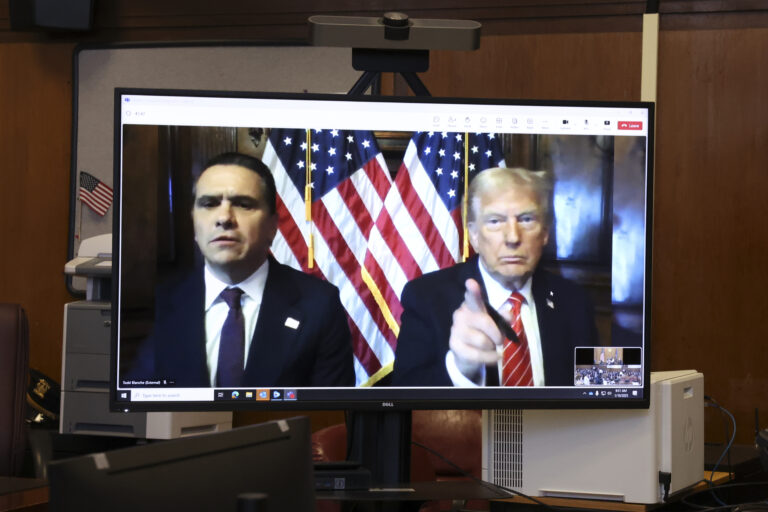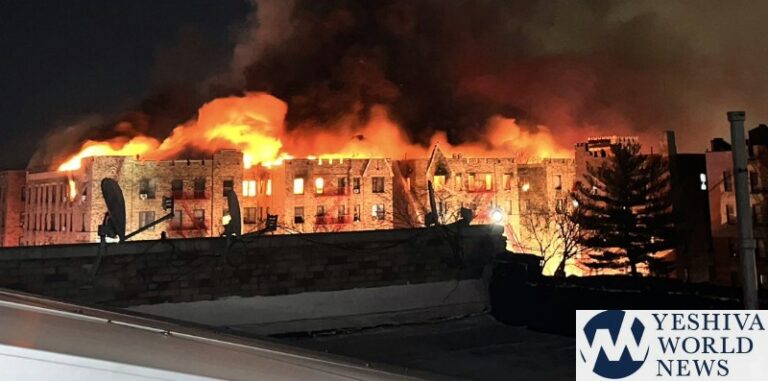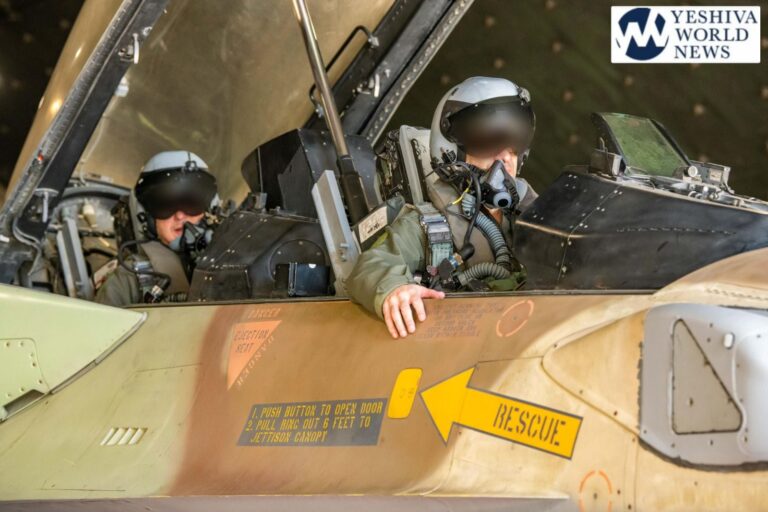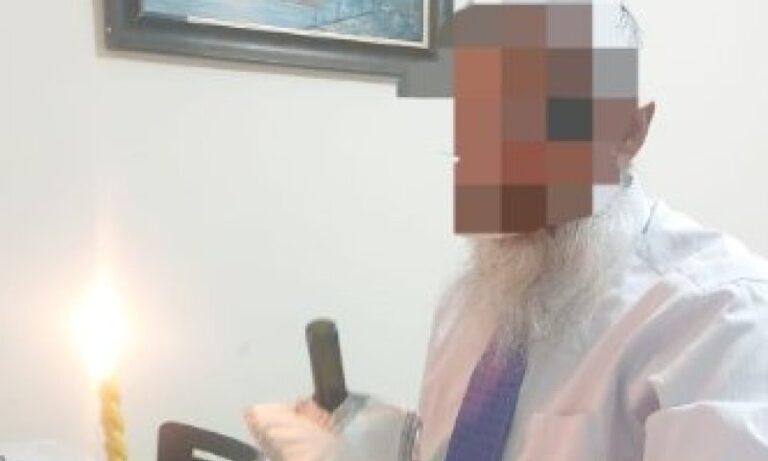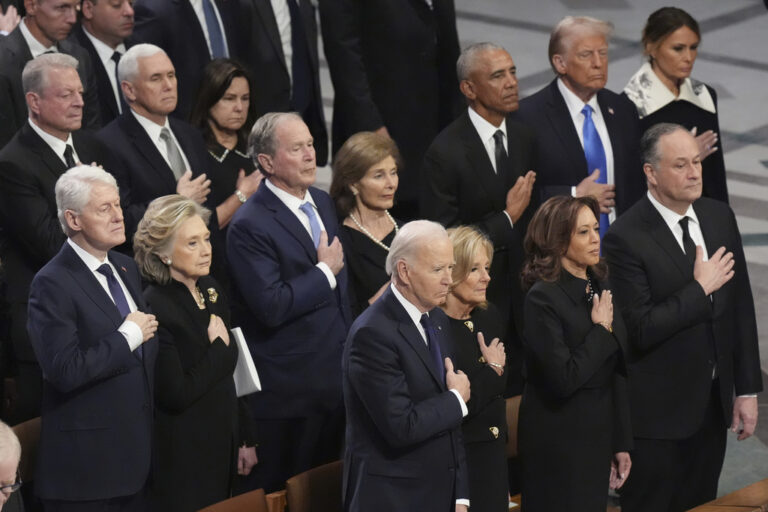 China on Tuesday banned most imports of North Korean coal and iron ore, the country’s main exports, in a significant increase in pressure on the North under U.N. sanctions against its nuclear and missile tests.
China on Tuesday banned most imports of North Korean coal and iron ore, the country’s main exports, in a significant increase in pressure on the North under U.N. sanctions against its nuclear and missile tests.
China buys an estimated two-thirds of impoverished North Korea’s exports, making Beijing’s cooperation essential for trade penalties approved by the U.N. Security Council last month to succeed.
North Korean leader Kim Jong Un has intensified nuclear activities in defiance of U.N. sanctions, conducting his country’s fourth nuclear test explosion in January and test-firing missiles.
In a sign of growing frustration with its ally, China signed onto Security Council sanctions last month that include mandatory inspections of cargo bound to and from North Korea. The council called on all countries to “redouble their efforts” to enforce the sanctions.
The latest Chinese restrictions ban most imports of North Korean coal, iron ore, gold, titanium, vanadium and rare earths — a key revenue source for the mineral-rich North. The U.S. Central Intelligence Agency estimated North Korea’s 2013 exports at $4.4 billion, with 65 percent of that going to China and the bulk of it made up of mineral sales.
China’s Ministry of Commerce said some imports for civilian use will be allowed so long as they are not connected to nuclear or missile programs. It gave no indication of how large purchases covered by that exception might be.
The announcement also banned sales of jet fuel to North Korea but said aircraft would be allowed to refuel during flights to China.
The U.S. Embassy in Beijing had no immediate comment.
Beijing balked at previous demands by Washington and other governments to use trade as leverage against North Korea. Chinese diplomats said the potential humanitarian impact of sanctions had to be considered.
The Communist Chinese government says its influence over Kim’s government is limited.
Chinese leaders are reluctant to lean too hard on North Korea for fear the collapse of Kim’s government could set off a flood of refugees and possibly lead to U.S. and South Korean troops being stationed in the North near China’s border.
In February, a Chinese diplomat told reporters the United States should offer North Korea incentives to return to negotiations, such as progress on a peace agreement. The two countries are still technically at war because the 1950-53 Korean War ended with a cease-fire, not a peace treaty.
Despite such reservations, Beijing went along with the Security Council sanctions last month that also restrict operations of North Korean banks and ban trade in dual-use nuclear and missile-related items. China is one of five permanent Security Council members with power to veto U.N. action.
Security Council resolutions prohibit nuclear weapons development by North Korea and all ballistic missile activity.
In defiance of that, North Korea detonated a nuclear bomb in January that it called an “H-bomb of justice.” It launched a long-range rocket in February and in March fired a missile that flew about 800 kilometers (500 miles) before crashing into the sea off the country’s east coast.
Kim has ordered tests of a nuclear warhead and ballistic missiles capable of carrying one. Last month’s missile launch came during annual South Korean-U.S. military drills which North Korea has criticized as a rehearsal for an invasion.
Items such as luxury watches, expensive snowmobiles, recreational water vehicles and lead crystal were also added to a long list of luxury goods that North Korea is not allowed to import.
(AP)

